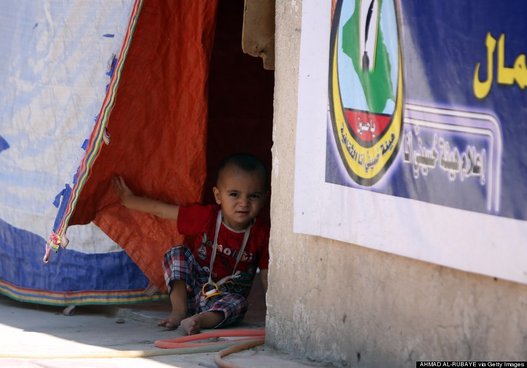Sometimes it feels like there aren’t enough hours in the day. And for working people who have to juggle family and work, locked into a rough schedule and the stress of poverty—there really aren’t enough.
The “new economy” of twenty-four-hour online shopping, global markets and just-in-time inventory churning, have created a demand for “flexible” labor—rapid-fire changes in schedules, shift-swapping, on-call staff. In a new book, Unequal Time, sociologists Dan Clawson and Naomi Gerstel survey how time is distributed across this new economic landscape, and finds that flexibility—and its evil twin, unpredictability—is creating a new social order that brings chaos to the workplace and the home.
The “new economy” of twenty-four-hour online shopping, global markets and just-in-time inventory churning, have created a demand for “flexible” labor—rapid-fire changes in schedules, shift-swapping, on-call staff. In a new book, Unequal Time, sociologists Dan Clawson and Naomi Gerstel survey how time is distributed across this new economic landscape, and finds that flexibility—and its evil twin, unpredictability—is creating a new social order that brings chaos to the workplace and the home.

















































